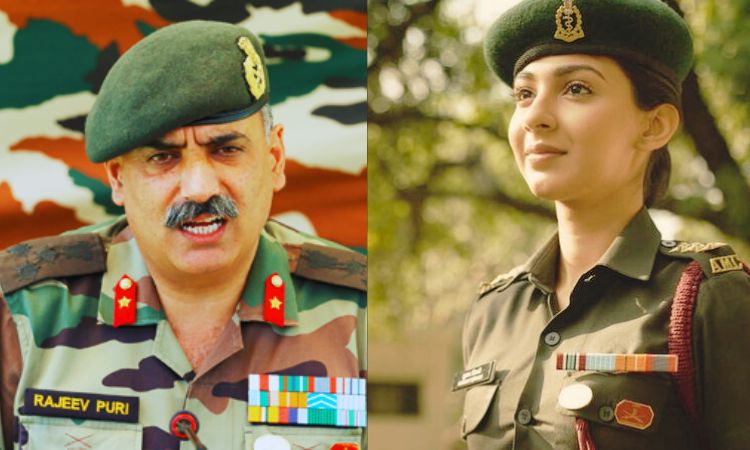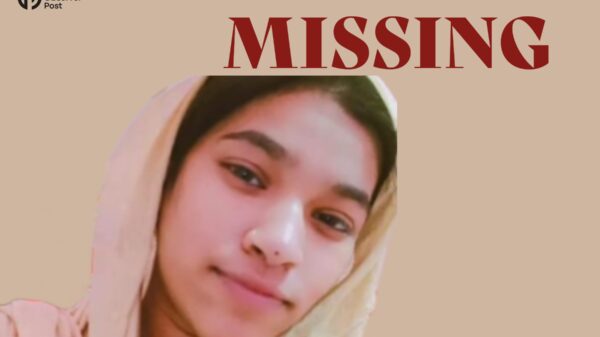At a time when the Indian Armed Forces have made historic strides towards gender inclusivity, a controversial letter by Lieutenant General Rajeev Puri has raised questions about the role of women officers in command positions.
Addressed to the Eastern Army Commander, the letter reportedly criticizes women commanding officers for “poor interpersonal skills,” “over-ambition,” and an “exaggerated tendency to complain.” The remarks, based on an in-house review of eight women COs in the Eastern sector, have sparked allegations of sexism and disregard for systemic challenges faced by women officers.
The letter, part of an unprecedented five-page assessment by the Panagarh-based 17 Mountain Strike Corps, claims to offer a “pragmatic performance analysis” of these officers, who were assigned command roles following a landmark 2023 Supreme Court judgment mandating gender parity in non-medical roles. Women COs are now leading units in operationally critical regions, including border areas with China.
The army broke the glass ceiling following a Supreme Court order in 2023 by assigning women officers to command roles outside the medical stream for the first time. Scores of women are now heading units in operational areas, including forward locations, in the operationally critical Northern and Eastern Commands that are responsible for guarding India’s borders with China.
While some insiders interpret the letter as a performance-based critique, others, including serving women officers, perceive it as a setback to the Armed Forces’ efforts to overcome gender bias.
Critics argue that such remarks reflect entrenched patriarchal attitudes and undermine the progress achieved in creating an equitable work environment.
Concerns Over Leadership and Command Style
Lt Gen Puri’s review centered on eight women COs within his corps, identifying various leadership shortcomings. He noted that “Women COs have been exhibiting poor ‘interpersonal relations,’ with an ‘exaggerated tendency to complain’ to senior commanders about their subordinates rather than exercising their own authority first.” He also mentioned a “lack of empathy” among some women COs for their officers and troops. The general remarked, “Any professional disagreement or minor argument is viewed as insubordination… The lack of empathy may stem from a need to overcompensate.”
These observations were part of a performance review, with Lt Gen Puri emphasizing that some women COs adopted a “my way or the highway” approach, centralising decision-making without adequate consultation with their teams. This has raised concerns about an authoritarian leadership style that undermines collaboration within units.
In his letter, Lt Gen Puri addressed incidents where women COs exhibited a “misplaced sense of entitlement.” He cited an example of a woman CO who insisted that a subedar major (SM) open her vehicle door upon her arrival, despite contrary orders. “On occasions when the SM was delayed, the CO would remain in her vehicle and refuse to disembark,” Lt Gen Puri noted.
Additionally, Lt Gen Puri highlighted cases of “over-ambition” that resulted in “unreasonable performance demands” on officers and troops, leading to heightened stress levels within their units. He also remarked that some women COs displayed “uncontrolled urges” to make derogatory remarks about junior officers to take credit for others’ work. This behaviour fostered a toxic environment in certain units, shifting the focus from team success to individual recognition.
Insufficient Training and Exposure to Command Roles
A significant issue identified by Lt Gen Puri was the inadequate training provided to women officers before they assumed command positions. Unlike their male counterparts, who undergo extensive training and attend courses such as junior command, staff college, and other leadership development programmes, many women COs have not had similar experiences. “Hardly any woman officer has held a high-pressure command or staff assignment prior to her role as the CO,” Lt Gen Puri stated.
He observed that this lack of preparation was reflected in their leadership approach and their difficulty in managing high-pressure situations effectively. Furthermore, he argued that women officers’ limited exposure to operational tasks, combined with preferential treatment, contributed to a “lack of understanding of the hardships” faced by troops, resulting in a “lack of compassion” for them.
The Need for Gender-Neutral Policies
“Gender equality primarily means providing equal opportunities for all genders, while gender neutrality emphasizes equality in treatment and progression regardless of gender,” Puri explained, advocating for the prioritization of gender-neutral policies in officer postings and selection profiles.
The general also called for a reevaluation of performance assessment for women officers. He recommended implementing regular “pragmatic performance analyses” to evaluate their effectiveness and identify corrective actions to address leadership gaps. This approach, he suggested, could enhance the overall quality of command in the Army, making it more inclusive and effective.




























































